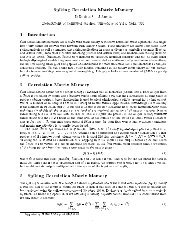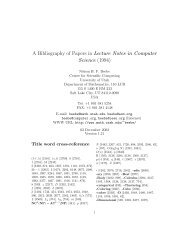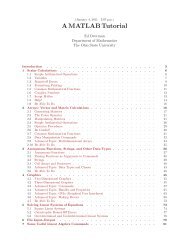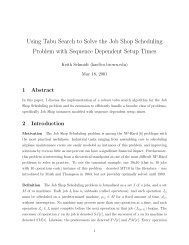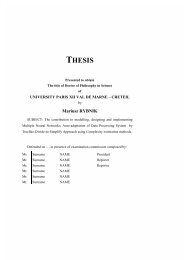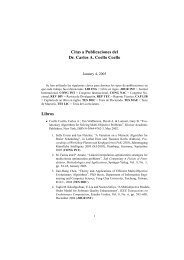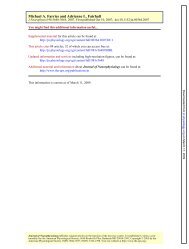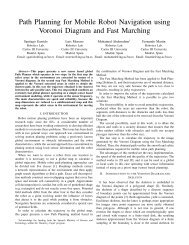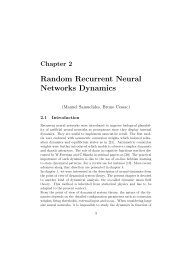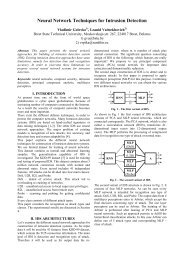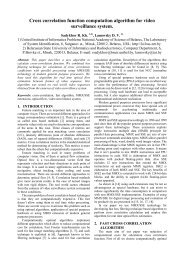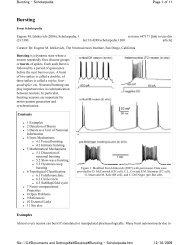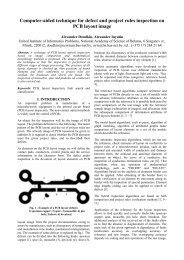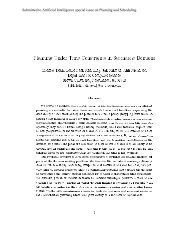NYT-1201: STATE OF THE ART A Thermostat That's Clever, Not ...
NYT-1201: STATE OF THE ART A Thermostat That's Clever, Not ...
NYT-1201: STATE OF THE ART A Thermostat That's Clever, Not ...
Create successful ePaper yourself
Turn your PDF publications into a flip-book with our unique Google optimized e-Paper software.
Yamamoto made no such boast — the quote was taken<br />
out of context from a private letter in which he h<br />
ad made precisely the opposite point. He could not<br />
imagine an end to the war short of his dictating<br />
terms in the White House, he wrote — and since Jap<br />
an could not hope to conquer the United States, th<br />
at outcome was inconceivable.<br />
In fact, Yamamoto was one of the most colorful, ch<br />
arismatic and broad-minded naval officers of his g<br />
eneration. He had graduated from the Japanese Nava<br />
l Academy in 1904, during the Russo-Japanese War.<br />
As a 21-year-old ensign, he fought in one of the m<br />
ost famous sea battles in history — the Battle of<br />
Tsushima, in 1905, a lopsided Japanese victory tha<br />
t shocked the world and forced Czar Nicholas II to<br />
sue for peace. Yamamoto was wounded in the action<br />
and wore the scars to prove it — his lower midsec<br />
tion was badly pockmarked by shrapnel, and he lost<br />
two fingers on his left hand.<br />
In the course of his naval career, he traveled wid<br />
ely through the United States and Europe, learning<br />
enough English — mostly during a two-year stint a<br />
t Harvard soon after World War I — to read books a<br />
nd newspapers and carry on halting conversations.<br />
He read several biographies of Lincoln, whom he ad<br />
mired as a man born into poverty who rose to becom<br />
e a “champion” of “human freedom.”<br />
From 1926 to 1928 he served as naval attache in Wa<br />
shington; while in America, he journeyed alone acr<br />
oss the country, paying his way with his own meage<br />
r salary, stretching his budget by staying in chea<br />
p hotels and skipping meals. His travels revealed<br />
the growing power of the American industrial machi<br />
ne. “Anyone who has seen the auto factories in Det<br />
roit and the oil fields in Texas,” he would later<br />
remark, “knows that Japan lacks the national power<br />
for a naval race with America.”<br />
Yamamoto didn’t drink; for vices, he preferred wom



